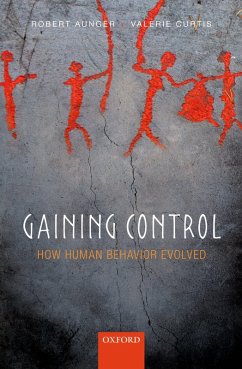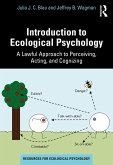'Gaining control' tells the story of how human behavioral capacities evolved from those of other animal species. Exploring what is known about the psychological capacities of other groups of animals, the authors reconstruct a fascinating history of our own mental evolution. In the book, the authors see mental evolution as a series of steps in which new mechanisms for controlling behavior develop in different species - starting with early representatives of this kingdom, and leading to a species - us - that can engage in a large number of different types of behavioral control. Key to their argument is the idea that each of these steps - from reflexes to instincts, drives, emotions, and cognitive planning - can be seen as a novel type of psychological adaptation in which information is 'inherited' by an animal from its own behavior through new forms of learning - a form of major evolutionary transition. Thus the mechanisms that result from these steps in increasingly complex behavioral control can also be seen as the fundamental building blocks of psychology. Such a perspective on behaviour has a number of implications for practitioners in fields ranging from experimental psychology to public health. Short, provocative, and insightful, this book will be of great interest and use to evolutionary psychologists and biologists, anthropologists and the scientific community as a whole.
Dieser Download kann aus rechtlichen Gründen nur mit Rechnungsadresse in A, B, BG, CY, CZ, D, DK, EW, E, FIN, F, GR, HR, H, IRL, I, LT, L, LR, M, NL, PL, P, R, S, SLO, SK ausgeliefert werden.









